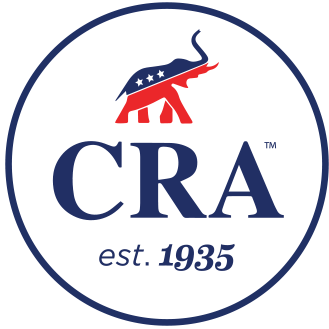Join CRA TODAY!

There is no “US” Without You!
Thank you for visiting us here at the online headquarters for THE CALIFORNIA REPUBLICAN ASSEMBLY.
If you find value in the work we are doing to help fight for conservative values here in the Golden State, PLEASE BECOME A MEMBER TODAY!
(KTVU) – The latest effort to bring single-payer health care to California faces its next challenge on Monday. There is still a long way to go, but the state Assembly is set to hold a floor vote on AB1400, the framework for a government-funded and run, universal healthcare system.
“We’re trying to save money in our system, make it more efficient, and accessible truly to everyone,” said the bill’s author Assembly member Ash Kalra (D-San Jose).
The bill has passed the Assembly Health Committee and Appropriations Committee. Under the proposal, private insurance plans would effectively be replaced by a state-run plan called “CalCare.”
A number of labor groups including the California Nurses Association back the plan. But, there’s plenty of opposition. “There needs to be significant improvements made when it comes to healthcare in California,” said Assembly member Vince Fong (R-Bakersfield). “I don’t think anyone questions that. What people are concerned about is that this proposal is the wrong answer.”
Assembly republicans started a petition opposing the plan. Chief among their concerns is how to pay for all of it. A legislative analysis estimates the cost of single-payer could be between $314 billion and $391 billion each year. Democrats have introduced an accompanying bill, ACA 11, to cover the costs. It proposes a tax hike on businesses and high earners.
ACA 11 includes a tax of 2.3% on businesses that have at least $2 million in annual revenue; a 1.25% tax on payroll for companies with at least 50 employees; a 1% tax for those employers who pay employees at least $49,900. ACA 11 also includes a series of tax hikes on wealthier people, starting with a 0.5% levy on the income of people who make at least $149,509 per year and ending at a 2.5% income tax for people who make more than $2.48 million per year.
ACA 11 would require approval from the Senate, Assembly and the voters. The vote may not happen until 2024.

